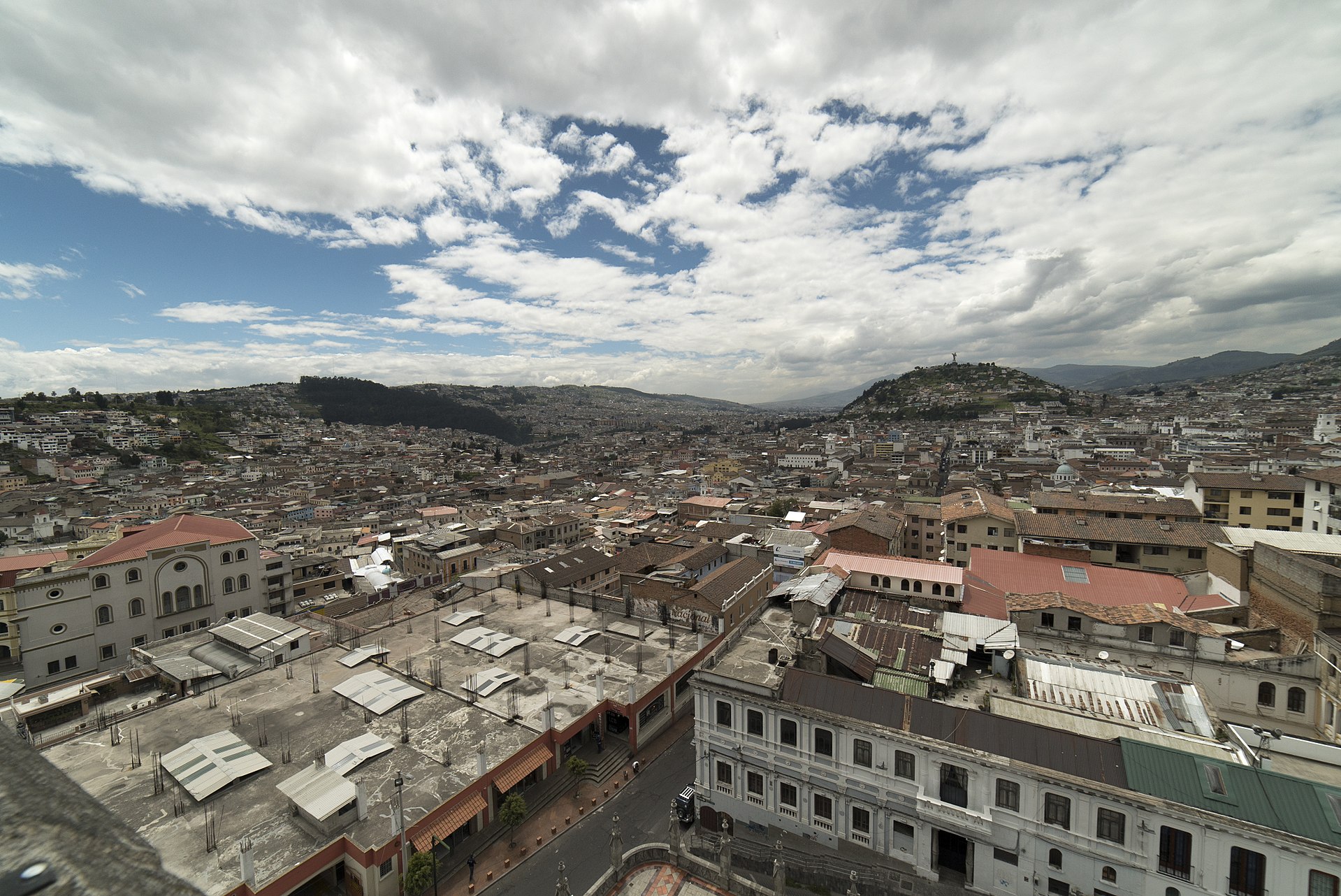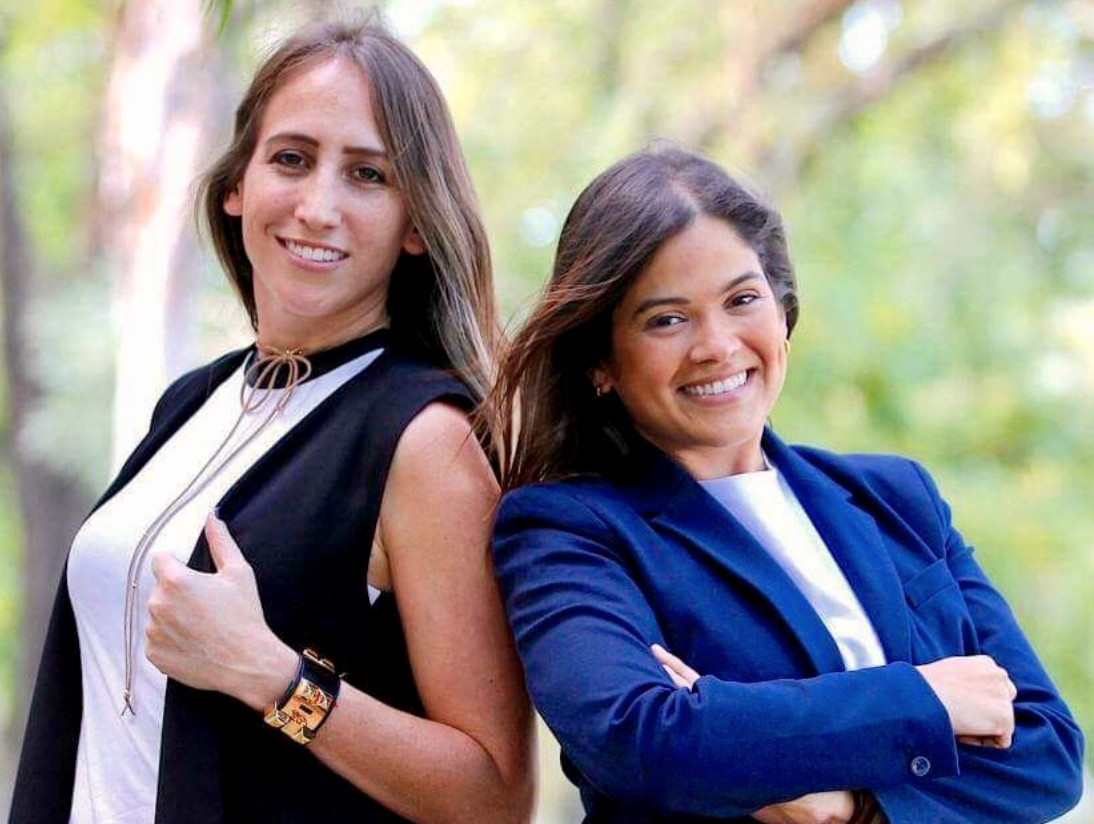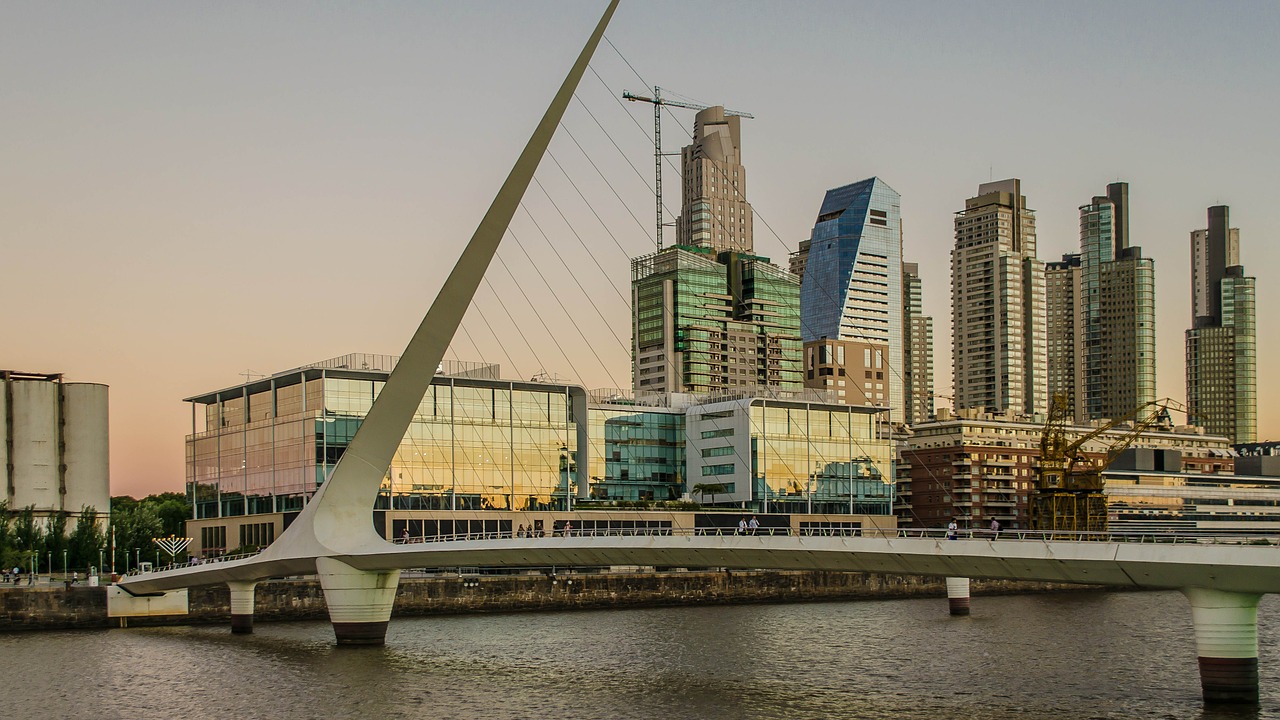According to Antonio Nunes, Latin American families spend up to four hours per week in the supermarket. When combined with crippling traffic and safety concerns in many Latin American cities, it becomes clear why delivering groceries in Latin America could be a highly lucrative business. Antonio Nunes noticed that opportunity while living in Bogota and sold everything to go on a mission to deliver Latin America’s groceries in under an hour.
In this episode, I sat down with Portuguese entrepreneur, Antonio Nunes, to talk about why Latin America is growing so quickly, why last mile delivery is a better business in LatAm than in the US or Europe, and what he has learned in his journey doing business across borders.



